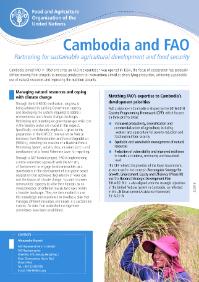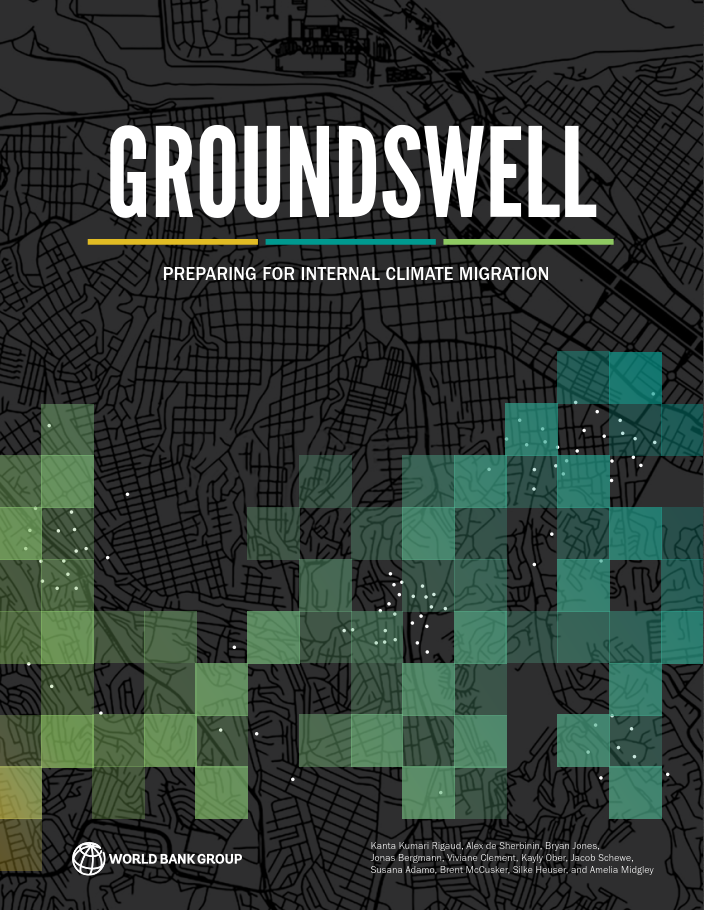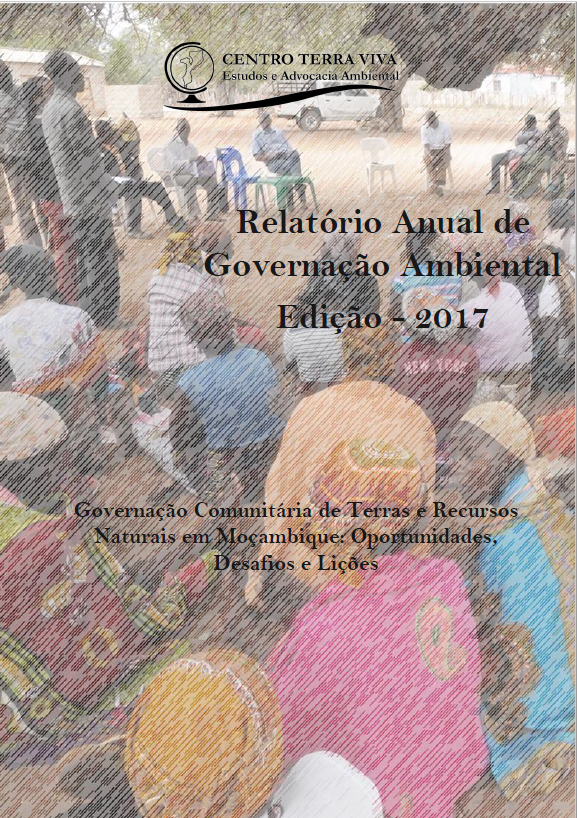The Necessity for Open Data on land and property rights
Data and information on land are fundamental for enabling smallholder farmers to gain secure access and control over their land, which provides the basis for investing in their operations.
This briefing paper outlines the importance and benefits of increasing the availability and accessibility of land information in support of improved food security and nutrition.












